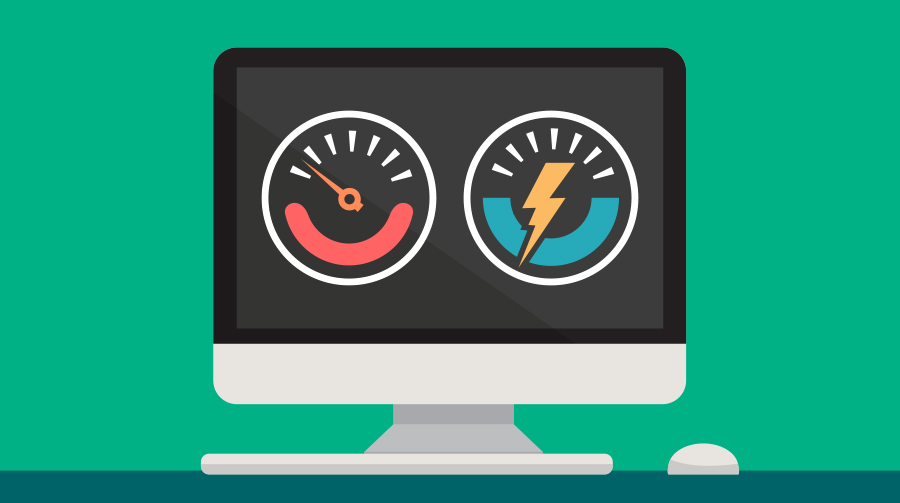There are many ways to reduce your energy use and save money, increase property value and protect the environment. Heating and cooling costs usually make up nearly half of the utility bills of an average home, so reducing the intensity and frequency of heating and cooling can offer the greatest savings.
Installing smart lighting systems and investing in solar power are other options that may seem expensive but can offer great long-term value. Here are five energy-saving tips for 2020.
- Reduce heating and cooling costs
As heating and cooling use up so much electricity, it makes sense to search for the most energy-efficient options. The long term savings will often outweigh the price you pay upfront.
Radiators controlled via Wi-Fi from BestElectricRadiators are fully programmable and save you money while reducing your impact on the environment. They give you 24/7 control of your heating as you can instantly turn it on, off, up or down from your smartphone or with a voice command to Amazon Alexa or Google Home. Set schedules to make sure you don’t waste energy and make each room just the right temperature.
- Reduce water heating expenses
Heating water is a major contributor to your total energy consumption. You can purchase an energy-efficient water heating system. Other than that, you can also reduce water-heating expenses by using less hot water, turning down the thermostat or insulating the water heater and pipes.
When replacing a water heater with a more efficient one, keep in mind the type of heater and the fuel it uses. For instance, water heaters without a tank may be more energy-efficient but they are not really suitable for a large family.
- Install energy-efficient windows
Windows can be a significant source of energy wastage. Heat loss or gain through windows is responsible for about 25 to 30% of residential heating and cooling energy use. If your windows are in fairly good condition, all you may need to do is check them for air leaks and caulk or weatherstrip them.
If you decide to replace your windows, you will need to decide on the features you want, such as gas fills and spacers. Design, energy use, warranties, and proper installation should all be considered. Depending on where you live, ENERGY STAR windows can save energy and reduce your utility bills. Shutters, shades, screens and awnings also help to provide extra insulation from outside temperatures.
- Use energy-efficient lighting options
Traditional light bulbs use up a great deal of electricity. It is important to replace them with energy-efficient alternatives. Light-emitting diode bulbs (LEDs) last longer and use less electricity. They may be more expensive to buy but they cost less over the long term because they don’t use as much electricity and last long.
Every new year sees a release of smarter lighting solutions. It is possible to control your lighting in-app on your phone or by using voice control. This means you can proactively control your energy consumption by optimizing usage.
You can also control outdoor lighting to improve security and even make it look as though you are at home when you are away on vacation.
- Consider switching to solar
One of the best ways to save energy is to switch to solar power. The sun provides more energy than you will ever need and the electricity from solar power is a significant energy source in the move towards cleaner production of energy.
Switching to solar will cost a fair amount but if you intend to stay in your current home for years to come, it could be worthwhile. Adding solar panels to a home saves energy costs and helps the environment. When you finally decide to sell, a home with solar panels will sell for more.
You can monitor your usage by going over your monthly bills in detail. This helps you determine where you are wasting the most energy and what to do to lower your costs. Even small changes can make a difference. However, investing in energy-saving options, like solar panels and programmable radiators, probably result in the most significant savings over the long term despite their initial high cost.

